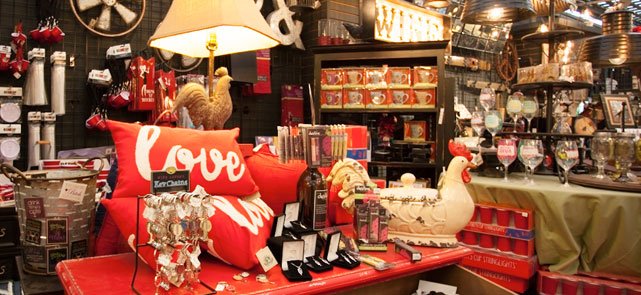Art Knapp Articles
What do you need to attract Mason bees?
in Informational
Looking for an interesting and rewarding way to boost your harvest? Would you like to support your local ecology and help the wild bee population too? Attract mason bees to your yard! It’s the best way to increase the yields from your fruit trees and vegetable garden. These small insects are known as super-pollinators for the huge volume of flowers they pollinate compared to honeybees. Mason bees are solitary, not at all aggressive, and will only give a mild sting if they get trapped or squeezed.
Keeping masons bees is fun and easy to do with only a few supplies from your local Surrey gardening centre. You will need a bee house, nearby flowers for food, and a source of mud for nest building.
House: Mason bees nest in tubes. These can be made of reeds, paper straws and wood. Homes purchased from a gardening centre tend to last longer than homemade ones. Set them where they can keep dry (such as under an eave) at least 4’ off the ground and within 200-300’ of blooming trees and flowers. Face them toward the morning sun so the bees can warm up and get a good start on the day.
Food: Mason bees gather pollen and nectar from a variety of flowers. Native plants (rather than hybrids) have the most nutritious supply. Flowers with a single row of petals, and staggered blooming times, help maintain an easy, continuous supply of food. A local gardening centre can help you choose suitable flowers for your bees.
Mud: Mason bees need a supply of mud to build nesting chambers. They cannot use soil that is too sandy or dry. You can dig a small hole, line it, and fill it with clay soil or a mud mix available at your gardening store. Keep it moist so it’s accessible to the bees.









